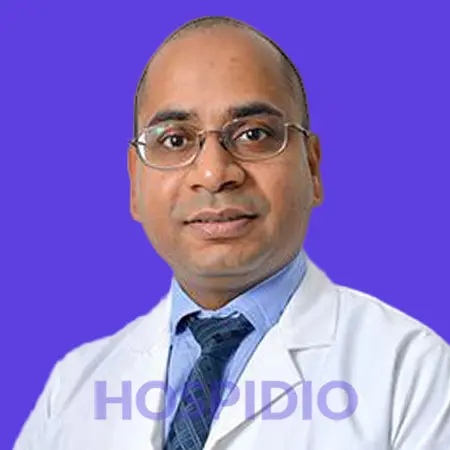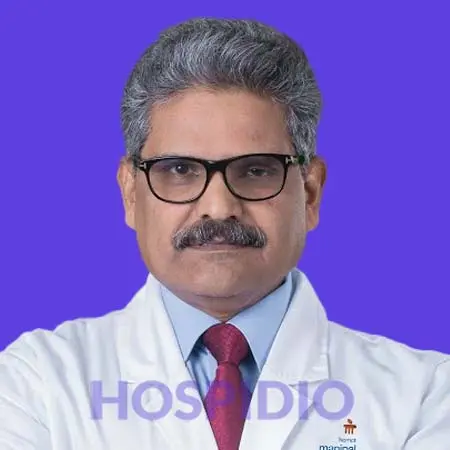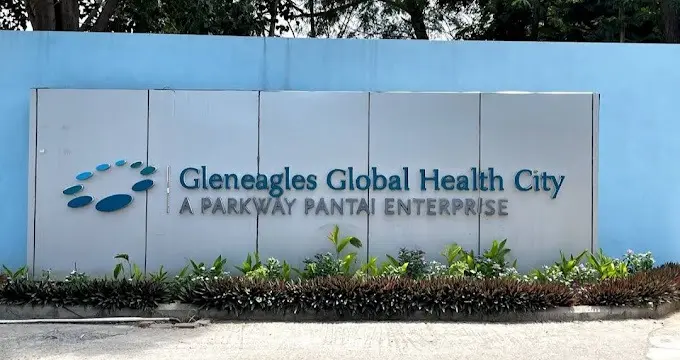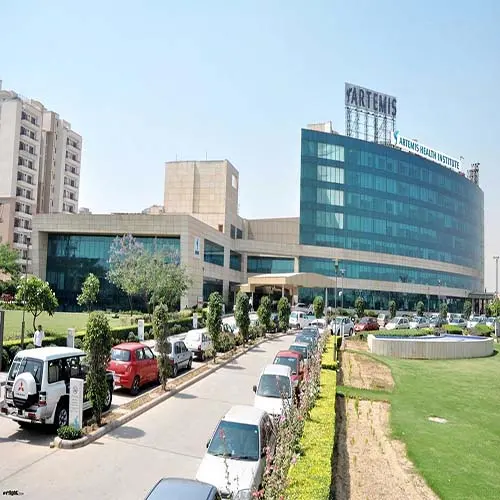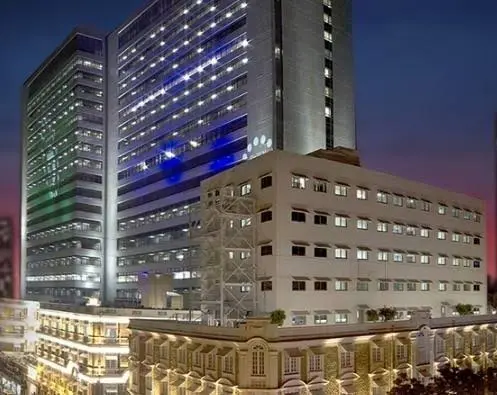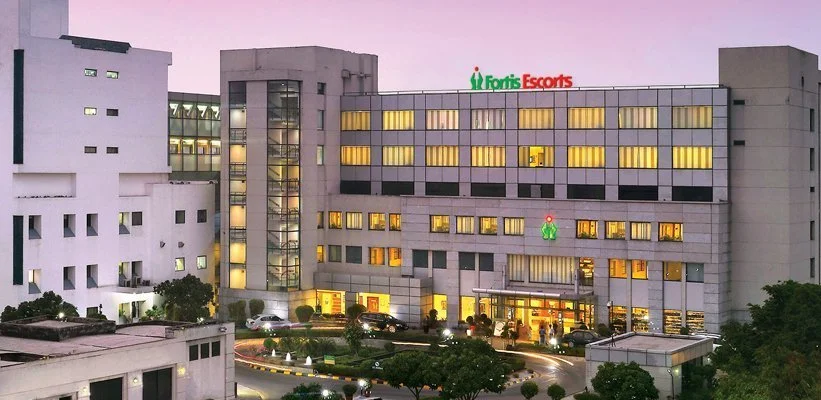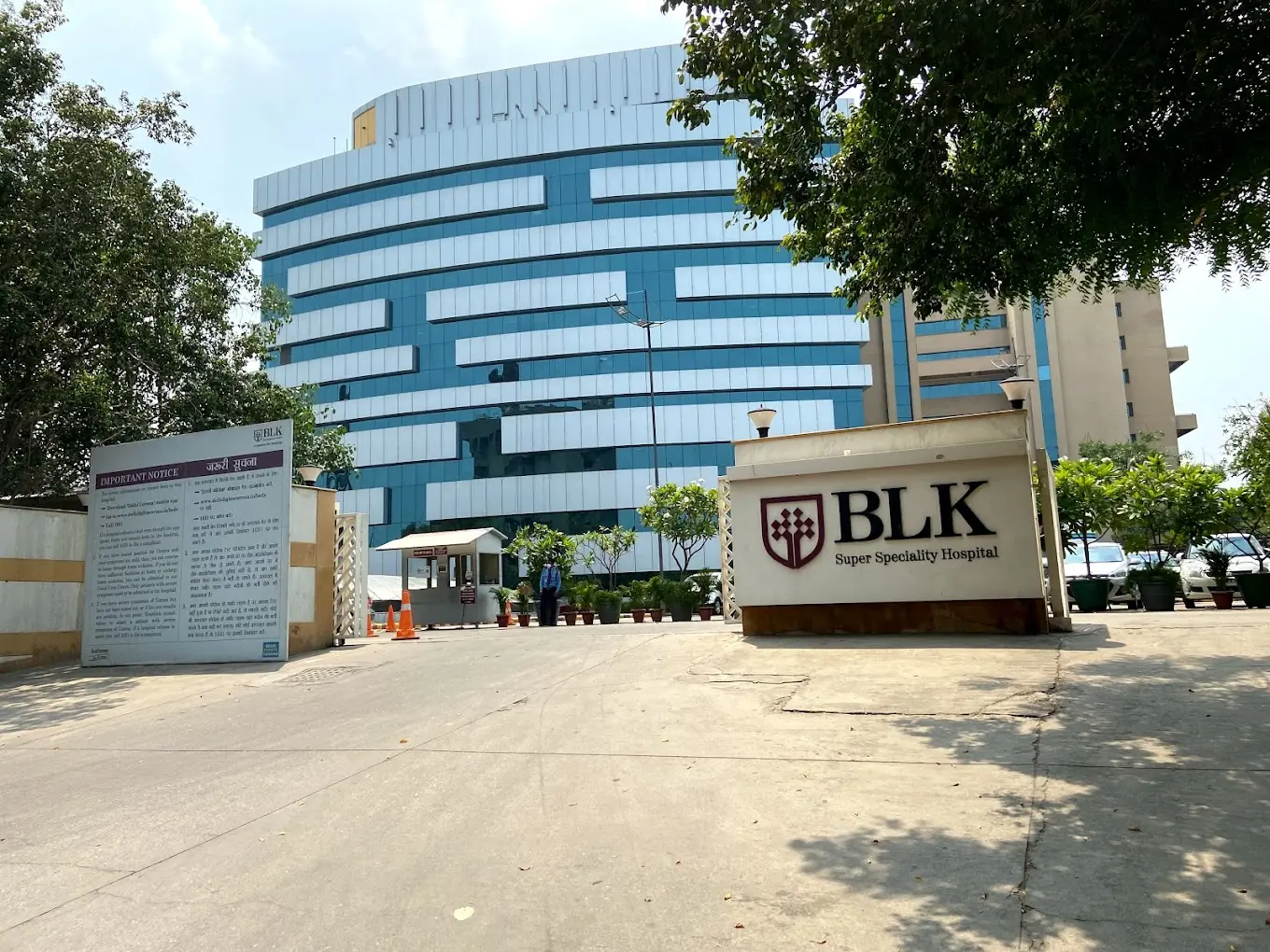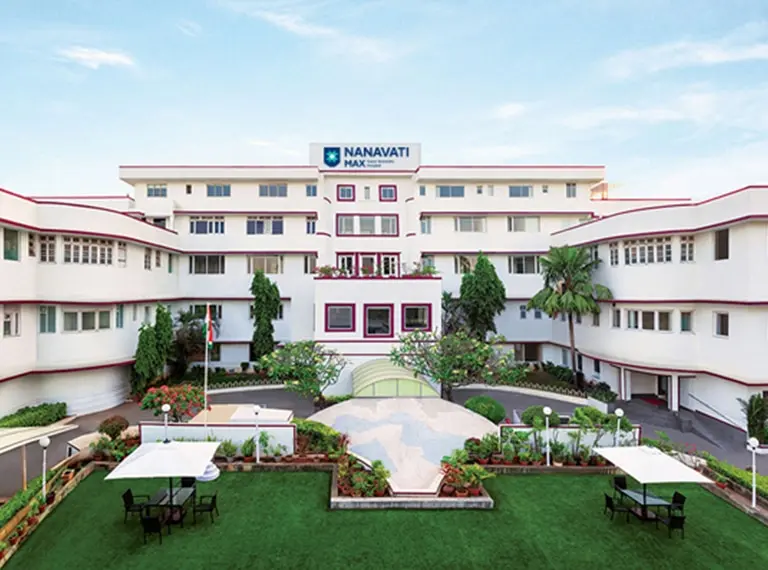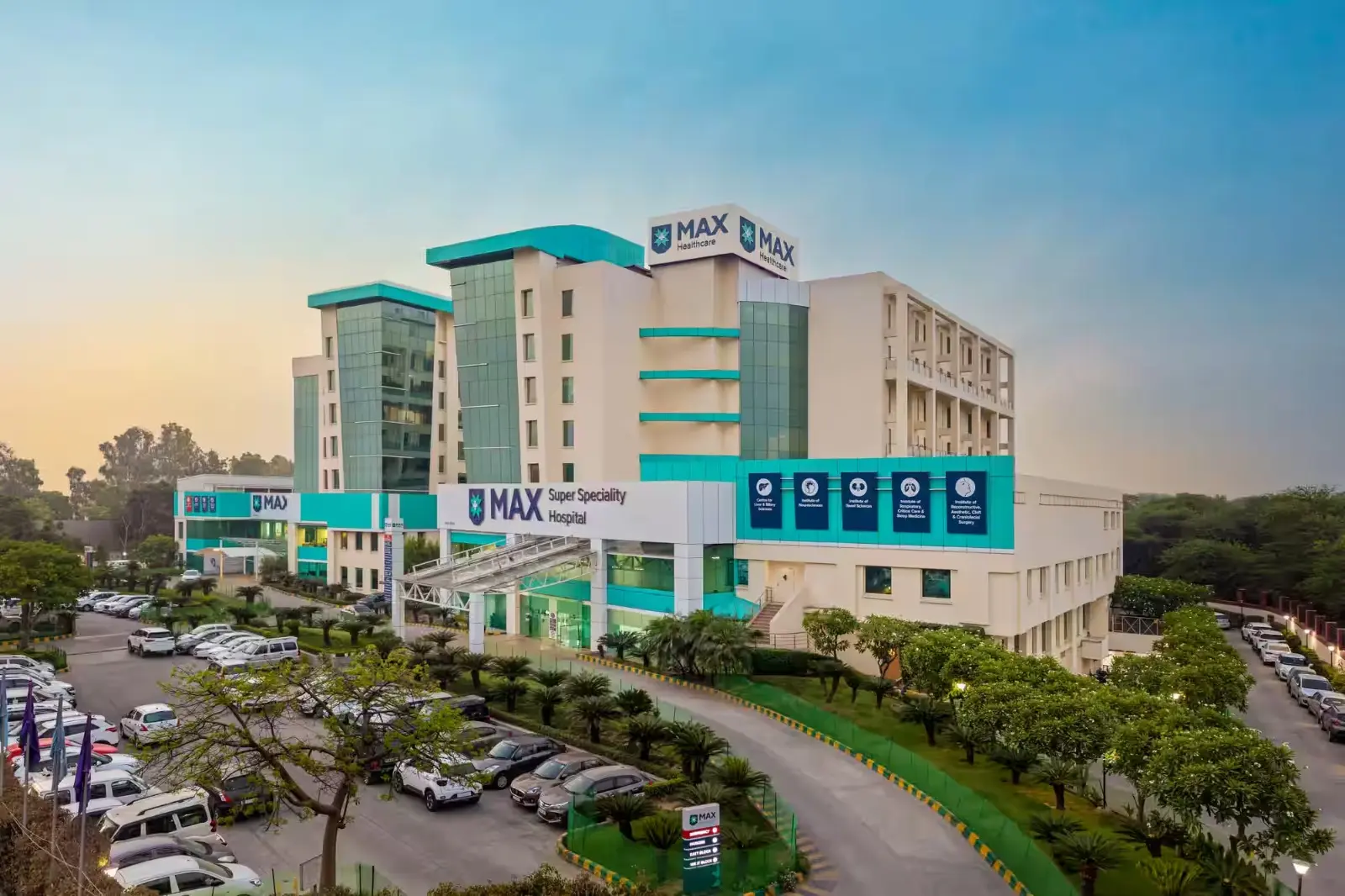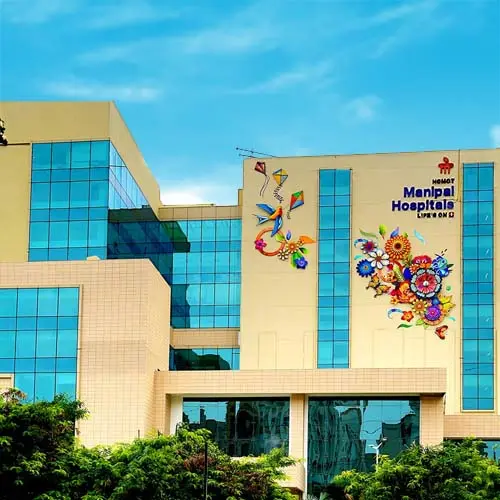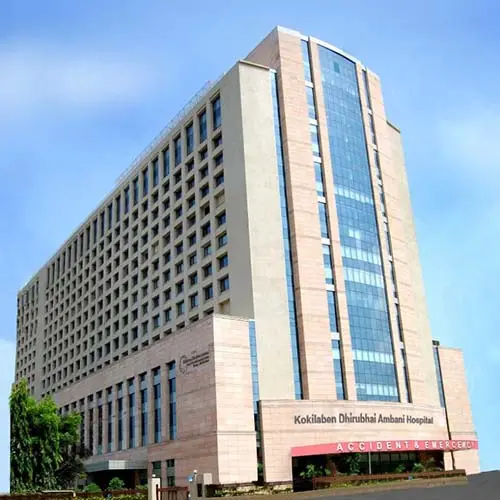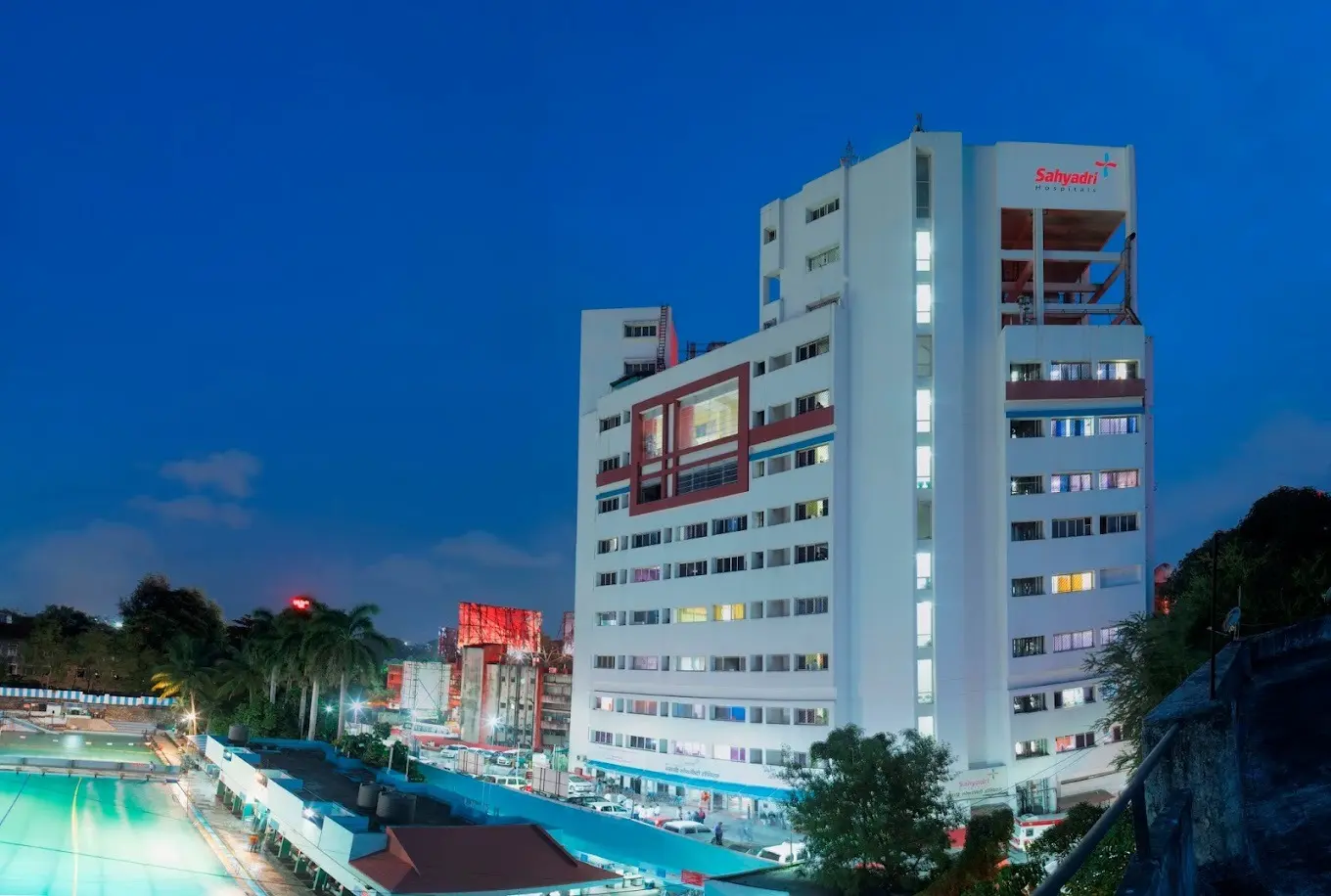PDA Closure Surgery cost in India
The cost of Patent Ductus Arteriosus (PDA) Closure Surgery in India ranges from $3,800 to $5,500, which is approximately ₹3,20,000 to ₹4,60,000. This is much more affordable compared to Western countries, where the procedure can cost nearly double. Despite the lower cost, patients in India receive advanced care from highly skilled pediatric cardiologists and cardiac surgeons in world-class hospitals equipped with modern technology.
Cost Range of PDA Closure Surgery cost in India
A PDA is a congenital heart defect where the ductus arteriosus, a normal blood vessel in the fetus, fails to close naturally after birth. This results in abnormal blood flow between the aorta and pulmonary artery, which may cause strain on the heart, lung problems, or delayed growth in children.
PDA closure surgery is performed to seal this vessel and restore normal blood circulation. Treatment can be done through open-heart surgery or, in many cases, via a catheter-based minimally invasive procedure, where a closure device is placed without major surgery. Recovery is usually quick, especially with the catheter method.
Get a free cost estimate
Who is a candidate for PDA closure surgery in India?
The clinical team considers factors like the patient's age, overall health, and specific symptoms when recommending PDA closure surgery. The following are the factors considered while evaluating the candidacy:
Infants and Newborns
Newborns, especially premature infants, with a persistent Patent Ductus Arteriosus (PDA) may require closure surgery. If the PDA is large and causes symptoms such as breathing difficulties, feeding issues, or poor growth, early intervention is often recommended to prevent complications like heart failure or pulmonary hypertension.
Children with Symptoms
Older infants and children with symptomatic PDA, such as those experiencing frequent respiratory infections, failure to thrive, or exercise intolerance, may need closure surgery. The decision depends on the size of the PDA and its impact on the heart and lungs.
Asymptomatic Patients
Even if a patient is asymptomatic, closure may still be advised if the PDA is large enough to risk long-term complications, such as endocarditis or increased strain on the heart. Doctors will evaluate the risks of surgery versus observation.
Adults with PDA
Adults who were not diagnosed or treated in childhood may require PDA closure if they develop symptoms later in life, such as heart failure or arrhythmias. In some cases, closure may also be considered to reduce the risk of complications like pulmonary hypertension or heart infections.
Patients with Contraindications to Medication
If medical therapy is ineffective or contraindicated, particularly in premature infants or children, PDA closure surgery may be recommended to address the defect and alleviate symptoms.
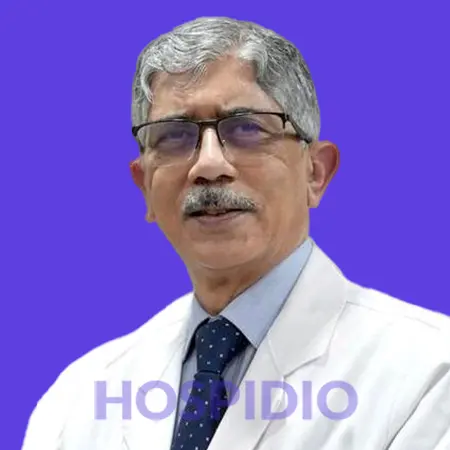
Types of PDA Closure Surgery and Cost
Here is an overview of the common types of PDA closure surgeries along with their approximate cost range in USD:
Types of PDA Closure Surgery in India | Cost Range in USD |
Catheter-Based Closure (Transcatheter Closure) A minimally invasive procedure using a catheter to place a coil or device that closes the PDA. Also known as PDA device closure surgery. | 3800 to 4500 |
Surgical PDA Ligation An open-heart surgery that involves tying off or clipping the PDA through a small incision. | 4500 to 5200 |
Thoracoscopic PDA Closure A minimally invasive surgical technique using small incisions and a thoracoscope to close the PDA. | 4500 to 5500 |
Get a free cost estimate
City wise Cost Comparison for PDA Closure Surgery in India
City | Cost in USD |
New Delhi / NCR | 3800 to 5500 |
Mumbai | 4500 to 6000 |
Bangalore | 5000 to 6500 |
Chennai | 4800 to 5800 |
PDA Closure Surgery Cost in India Inclusions
Surgeon fee, OT charges, anesthesia
Pre-operative outpatient consultations
Routine drugs and consumables required during hospitalization
Pre-anesthesia check up and clearance
Hospital stay and meals as per the package
PDA Closure Surgery Cost in India Exclusions
Hotel stay, meals and flights
Extended hospital stay
Post-operative follow-ups and medical management
Treatment for any other underlying medical conditions
Other Factors Affecting PDA Ligation Surgery Cost in India
Choice of location, doctor and hospital
Pre-existing medical history
Type of surgery
Overall patient status and condition at the time of procedure
Diagnostic Tests Before PDA Ligation Surgery
Types of Tests For PDA Ligation Surgery in India | Cost Range in USD |
Blood Tests: These include the basic blood investigations for the patient to check organ functioning and infection status. | 30 to 50 |
Electrocardiogram (ECG or EKG): A quick, painless test that checks your heart's electrical activity, showing how it beats. | 50 to 70 |
Echocardiogram: Uses ultrasound to create images of the heart's structure and assess its function. | 50 to 90 |
Cardiac Catheterization Invasive test to measure pressures in the heart and lungs, and evaluate the PDA’s anatomy, often used before catheter-based closure. | 200 to 300 |
| Chest X-rayProvides a visual of heart size and any lung congestion or abnormalities caused by PDA. | 30 to 50 |
Why is India preferred as one of the best countries for pediatric heart treatment?
India is a preferred destination for pediatric heart treatment due to its combination of world-class medical expertise, advanced technology, and affordability. The country has become a hub for complex pediatric cardiac procedures, offering a range of treatments at a fraction of the cost compared to Western countries. India's success in pediatric heart care is bolstered by its highly skilled cardiologists and surgeons trained at prestigious institutions globally.
Popular procedures like Patent Ductus Arteriosus (PDA) closure, atrial septal defect (ASD) closure, and Tetralogy of Fallot (TOF) repair are performed with high success rates, often exceeding 95%, comparable to global standards. India's hospitals are equipped with state-of-the-art facilities for pediatric cardiac care, and several centers of excellence are recognized internationally, including Max Hospital (New Delhi), Apollo Hospital (Bangalore), and Fortis Escorts Heart Institute (Delhi).
These hospitals not only offer advanced treatments but also emphasize a multidisciplinary approach, involving pediatric cardiologists, cardiac surgeons, and anesthesiologists to ensure comprehensive care. The country also caters to a large number of international patients, particularly from Africa, the Middle East, and Southeast Asia, due to its affordability. Pediatric cardiac surgeries in India cost around 60-80% less than in developed countries, without compromising on quality.
Many Indian hospitals are accredited by global bodies like JCI (Joint Commission International), ensuring adherence to high healthcare standards. India’s commitment to pediatric heart care, supported by a strong healthcare infrastructure, experienced specialists, and cost-effectiveness, has made it a leading choice for families seeking life-saving treatments for congenital heart conditions in children.
Cost Comparison for PDA Closure in India with Other Countries
Country | Cost in USD |
India | 3800 to 5500 |
Turkey | 14000 to 22000 |
UAE | 45000 to 58000 |
USA | 180,000 to 250,000 |
Best Hospitals for PDA Closure Surgery in India
FAQs
PDA is a heart condition where a blood vessel called the ductus arteriosus does not close after birth. This causes abnormal blood flow between the aorta and the pulmonary artery.
PDA closure surgery is a procedure to close the open blood vessel so that blood flows normally. It can be done using: Catheter-based procedure (device closure):
- A small device is placed through a vein to seal the PDA (no open surgery needed).
- Surgical closure: Rarely, open-heart surgery may be done if catheter closure is not possible.
A patient may need surgery if they have:
- Large PDA causing breathing issues.
- Poor growth or frequent lung infections.
- Heart failure symptoms.
- Risk of high blood pressure in the lungs (pulmonary hypertension).
Most cases are treated with a minimally invasive catheter technique. A thin tube is inserted through the groin vein, and a device is placed to close the PDA. The procedure is safe, painless, and recovery is quick.
The procedure usually takes 1–3 hours, depending on the patient’s condition and the technique used.
Yes. PDA closure has a success rate of more than 95% in India. Complications are rare, especially when performed in specialized cardiac hospitals.
Yes. Most children and even adults live a completely normal, healthy life after successful PDA closure. They can play, study, and grow just like other children.

